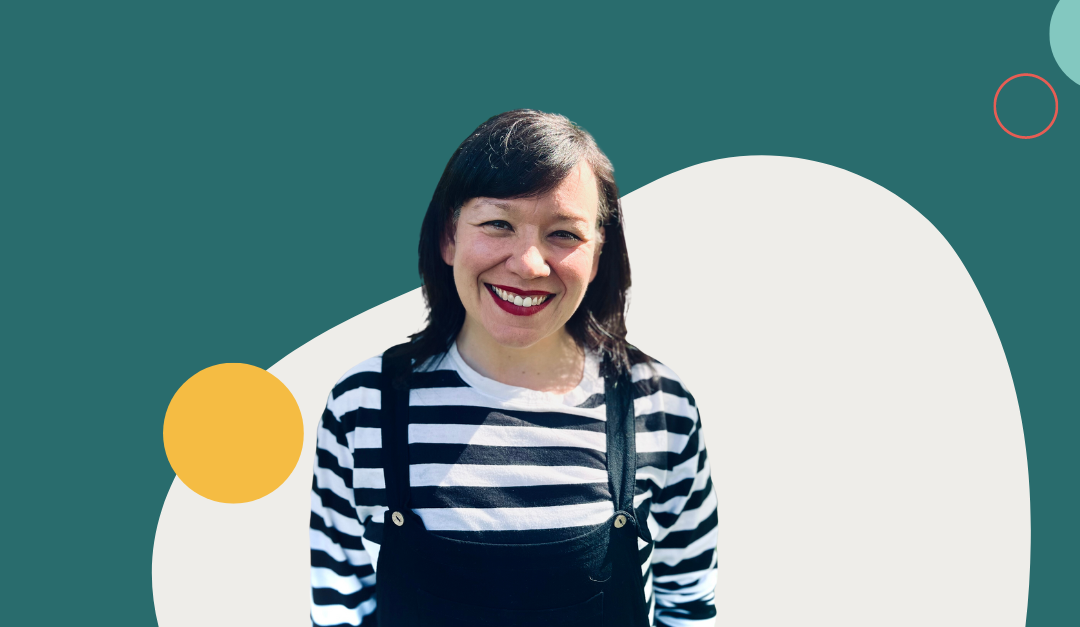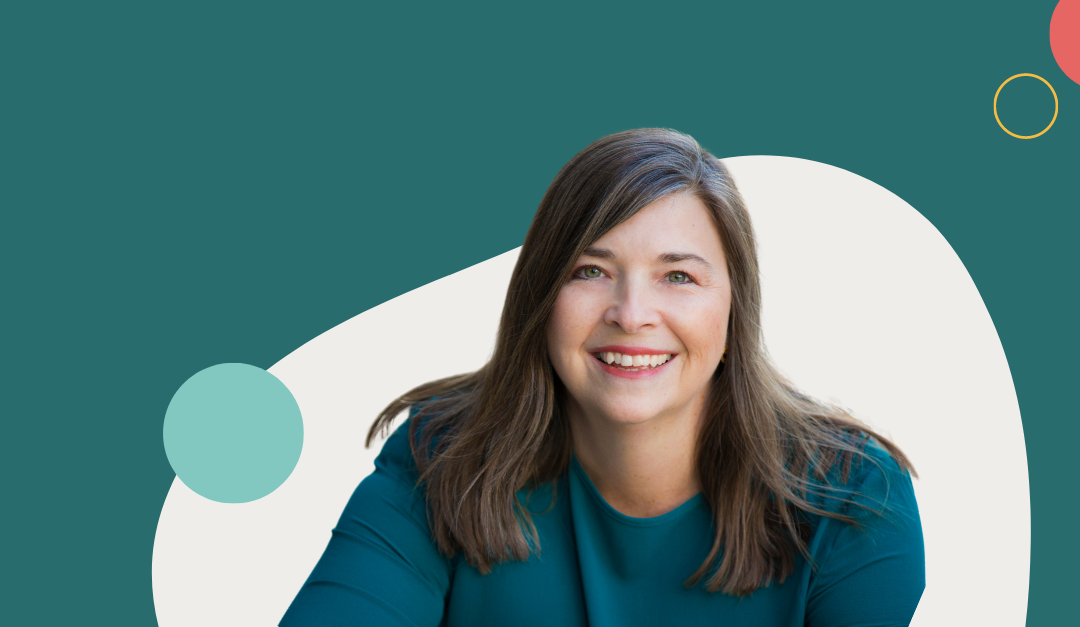
Freelance Interview Series – Being Your Own Best Boss
Corrie is a solopreneur with over 22 years of digital marketing experience and 17 years of experience developing social media campaigns. She also has a newsletter, Chaos Freelancer, where she discusses the ups and downs that come along with the freelance career path and being your own boss.
How to Be Your Own Best Boss
Talk to us about what being your own best boss means to you.
Being your own best boss means being a good steward of the only resource I have as a solo marketing person – me. That means making sure that I’m:
- Taking on projects that interest me & meet my financial needs,
- Working a reasonable amount of time on those projects and not letting work overtake everything else,
- Giving myself growth opportunities by investing in learning & training opportunities – sometimes in my field, sometimes outside of it,
- Actively prevent burnout by hanging out with family & friends, doing things I like, resting – basically having a life,
- Not saying yes to something in my work life (meetings, networking events, tasks, marketing activities, etc.) that take away from what I really need to do,
- Make sure I get enough sleep, enough to eat, and enough movement in my day.
How has your definition of being your own best boss shifted throughout your years of being a business owner?
When I started freelancing, I had spent almost 8 years in a marketing agency lifestyle, which left me burned out and overworked. So you’d probably think that would mean I’d actively avoid making the same mistakes, right?
Wrong. I repeated my agency experience but in my own business. I thought more hours = better. More clients meant more success, no matter what it did to my personal life.
I thought I was my Best Boss by making myself do all these ridiculous things, but I was my own Worst Boss. It took me about 5 years of work on myself & my business to realize that to make my business sustainable; I had to start prioritizing myself.
How have your values shifted as you’ve progressed in your freelance career?
I used to value what other people thought of me SO MUCH. So to get more work (or to keep the work I had), I thought I couldn’t “rock the boat,” and said yes to meetings or networking events I didn’t have time for, agreed to deadlines that didn’t work for me, allowing way too much scope creep in projects, or even working through vacations. I let myself be pulled in 1000 different directions not to make waves or disappoint people.
About five years ago, I realized that clients who valued me, my work, and my time would understand if I had to say no, move a deadline, or take time off. By putting myself first – yes, even over client requests – I’ve been much happier (and get so much more done).
It’s so important to celebrate wins! What are some ways that you celebrate your own wins at work?
Celebrations are one of the things I’m still working on. More than celebrating, I’ll often make sure that I take time off after a big deadline (even if I’ve got other competing deadlines). I also usually celebrate by napping, because in addition to working for myself, I’m also a parent, and naps are gold.
What are some of your best practices for preventing burnout?
- Take on only what you can handle. Period. This may mean turning away work, but you do yourself more harm than good if you accept more work than you have time or capacity for.
- GET YOURSELF A HOBBY & engage in interests outside of work. Have you ever been stuck at a party talking to the one person who only wants to talk about their job? It was super boring, right? Find something you can engage with that isn’t your job.
- Prioritize rest. Rest can mean sleep, sure, but also vacations, time off, WEEKENDS, no-phone days, etc.
What advice do you have for those just stepping into being their own boss?
It isn’t easy, and it is OK. I’ve been freelancing for almost 15 years, and I didn’t realize until 5 years ago that I was a terrible boss. Whatever point you are at in the journey, if you are taking steps to be a better steward of You, then that’s a better place than you were yesterday.
What advice do you have for those who want to become their own best boss?
If you are just starting, remember that even though you are working for yourself, on your own, that culture matters and that your freelance business HAS a culture. Think about the kind of workplace you want and then take active steps to make that type of workplace happen.





Recent Comments